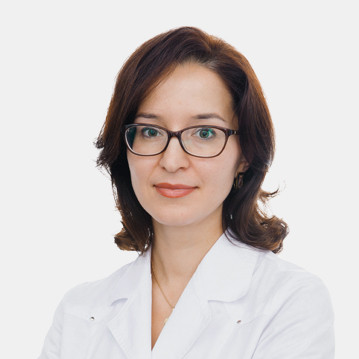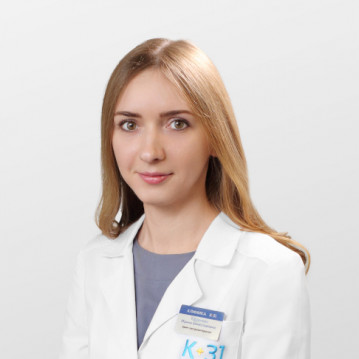The main function of the liver is to filter and cleanse the blood from waste, toxins, and metabolic by-products. According to the WHO, this organ is affected in almost a third of the world's population. His diseases can be acute or chronic, varying in severity.
Early detection of liver diseases increases the chances of recovery, so it is extremely important to diagnose them on time.
Hepatitis
This term refers to the inflammatory process in the liver. It is called by:
- viruses;
- toxic effects of alcohol, drugs;
- specific causes - parasites, tuberculosis bacteria;
- autoimmune reaction - the body perceives its own cells as foreign and attacks them.
The manifestations of hepatitis depend on the form of the disease. The main symptoms include severity, pain in the right hypochondrium, nausea, vomiting, yellowing of the skin, discoloration of feces, darkening of urine, itching.
The type of hepatitis, the severity of the course and the degree of liver damage are diagnosed using laboratory and instrumental studies:
- blood test to determine viral particles and antibodies to them;
- Liver ultrasound;
- CT, MRI of the liver;
- general urine analysis;
- biochemical blood test;
- general blood test.
Treatment of pathology depends on its cause:
- viral diseases suggest a course of antiviral therapy;
- parasites - taking appropriate drugs, primarily anthelmintic;
- intoxication - blood purification, intravenous administration of solutions of supporting, nourishing drugs.
Diet plays a significant role in the treatment of liver disease. Principles of nutrition for hepatitis:
- Exclude strong tea, coffee. The diet should not contain chocolate, sweet pastries, mushrooms, legumes, sausages, fatty meat, fried eggs. It is not recommended to eat very acidic and salty foods.
- Well-boiled cereals, soups (especially mashed potatoes), herbal teas, berry compotes, low-fat dairy products, steam omelets, lean fish and meat, bran bread, dried fruits, baked apples are useful.
- Portions should be in accordance with the needs of the body - overeating is unacceptable. The optimal is considered to be 4-5 meals a day, but in small volumes.
In our clinic, you can take tests to identify different types of hepatitis, get detailed advice on decoding the results and further recommendations on drug treatment and nutrition.




